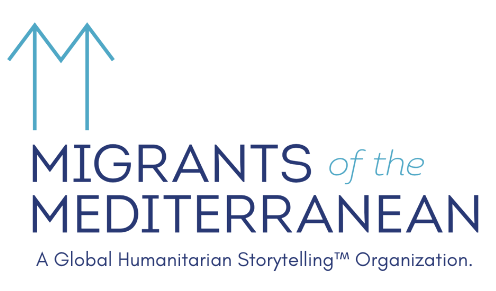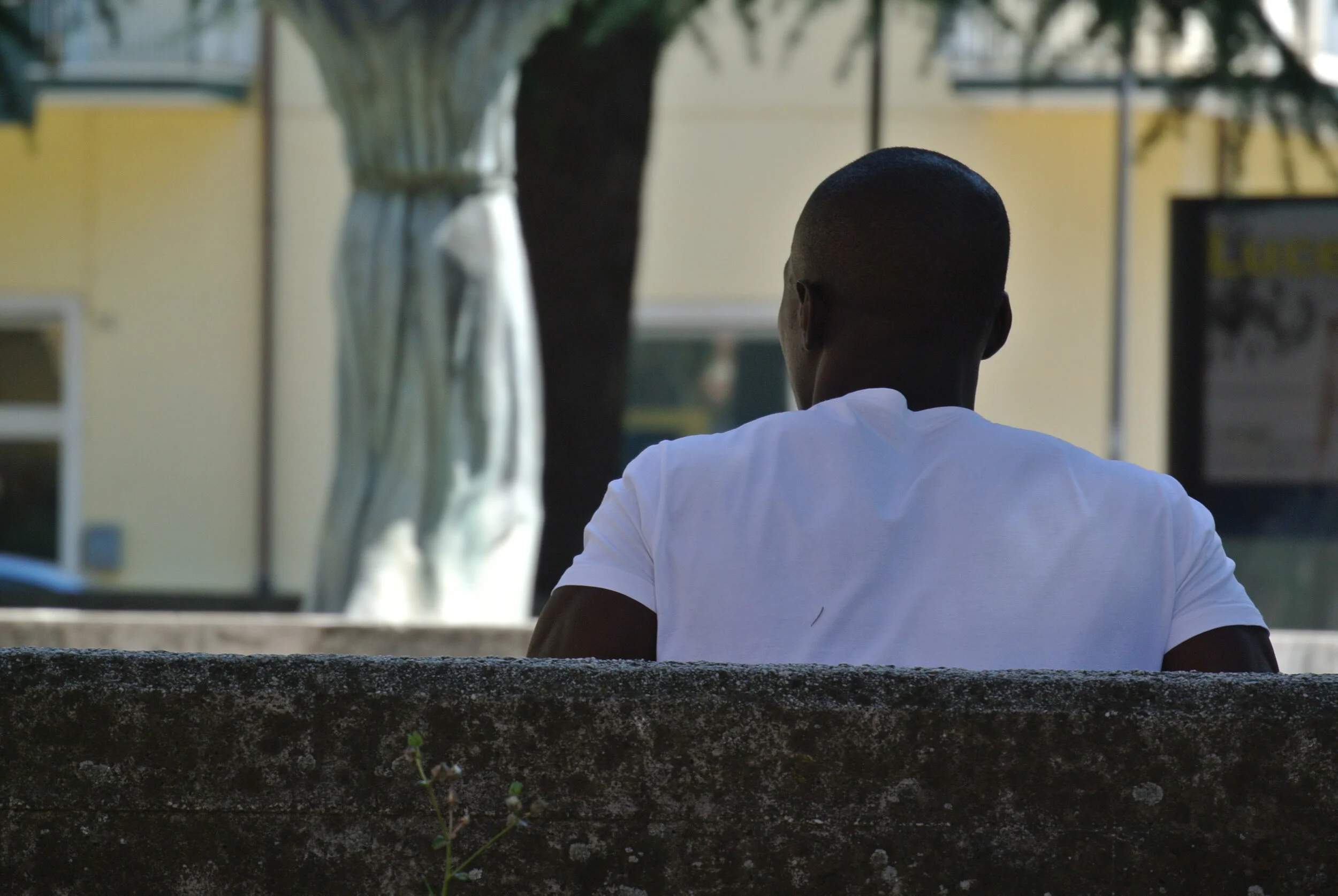Meet Peter
Peter, who did not want his face shown in photos to protect his identity. Isernia, Italy. 5 September 2019. ©Pamela Kerpius/Migrants of the Mediterranean
by
Pamela Kerpius
Recorded:
5 September 2019
Published:
September 2019
Meet Peter.
His name has been changed to protect his identity.
Age unknown and from Sierra Leone.
To reach Italy he crossed seven countries: Sierra Leone, Liberia, Cote d’Ivoire, Mali, Burkina Faso, Niger and the most dangerous of all, Libya.
His journey took two years and 8 months.
He arrived in Niger, staying for 4 months total, including over one month in its primary transfer city before the desert, Agadez. Border control in the city, Peter said, was “very severe,” but he still had a country identification card with him at that time, and used it to show he was only staying and working temporarily in Niger. He worked construction in the area until departing for the desert.
Peter crossed the Sahara desert in the back of a pickup truck with 30 people, all men, and all survived. They held sticks planted at the floor of the truck to steady themselves. A Guinean man traveling with him was seated atop a leaky gasoline can. The gas burned his skin so badly it was peeling off, and he could no longer sit.
“You just come here to get killed.”
He witnessed accidents among other transports in the desert, including multiple car rollings that left behind dead bodies. To drink, they took dirty, salty tap water from different sources that gave them diarrhea.
“Only the sun you see. You just come here to get killed,” Peter said about what it was like in the Sahara. The desert crossing took two weeks total.
He arrived in a small village in Libya where he stayed for 2-3 months, living in a makeshift pen among 50-70 others. They ate rice and drank non-potable tap water. He rarely left the compound for fear of being shot. He would peek is face outside, but deemed it too dangerous to go; Libyans were standing by with their guns pointed.
“They will not kill you,” Peter said.
Instead, they shoot people in the foot or other parts of the body to weaken them.
He transferred to Sabha and stayed in the city for 2-3 weeks with “more than thirty, forty, fifty people,” Peter had lost count. Among them were women, including pregnant women, and children. “Small boys” there regularly robbed their money and mobile phones.
He transferred next to Bani Waled, staying for six months in a compound, encountering new difficulties in the financial negotiations with his traffickers. A new trafficker stepped in to replace the original one he struck a deal with, meaning a new fee was imposed that he could not afford to pay. So he remained in the compound longer than expected, using the time to work in house-keeping and shop-keeping in the area to raise money for his next departure to Tripoli.
He arrived in Tripoli to a small room in a shared compound, where he managed to stay safe. He was not kidnapped, like many others had been. Some who stayed with him in the compound would leave to go out or to work for the day and never come back. He stayed in Tripoli for over one year.

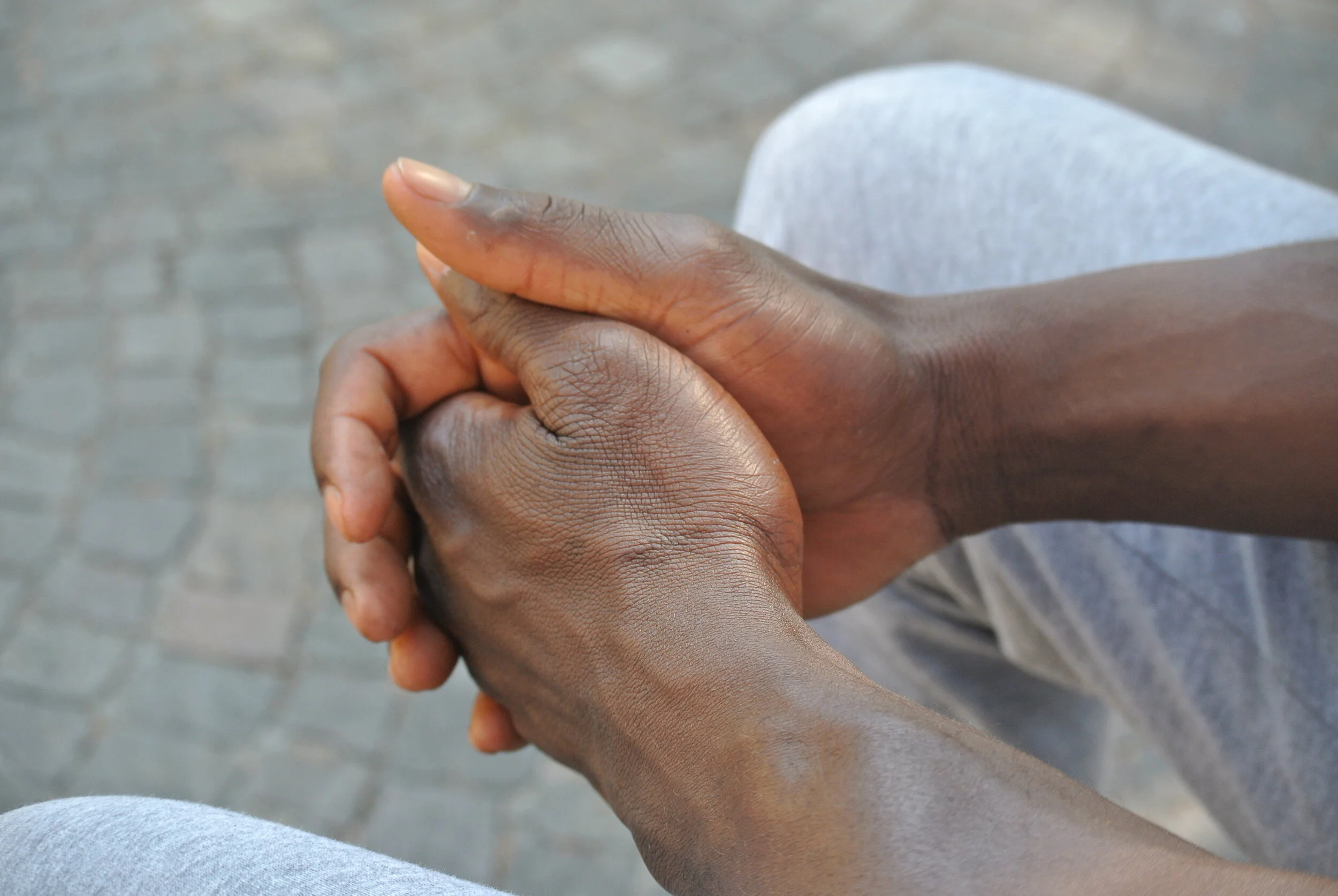
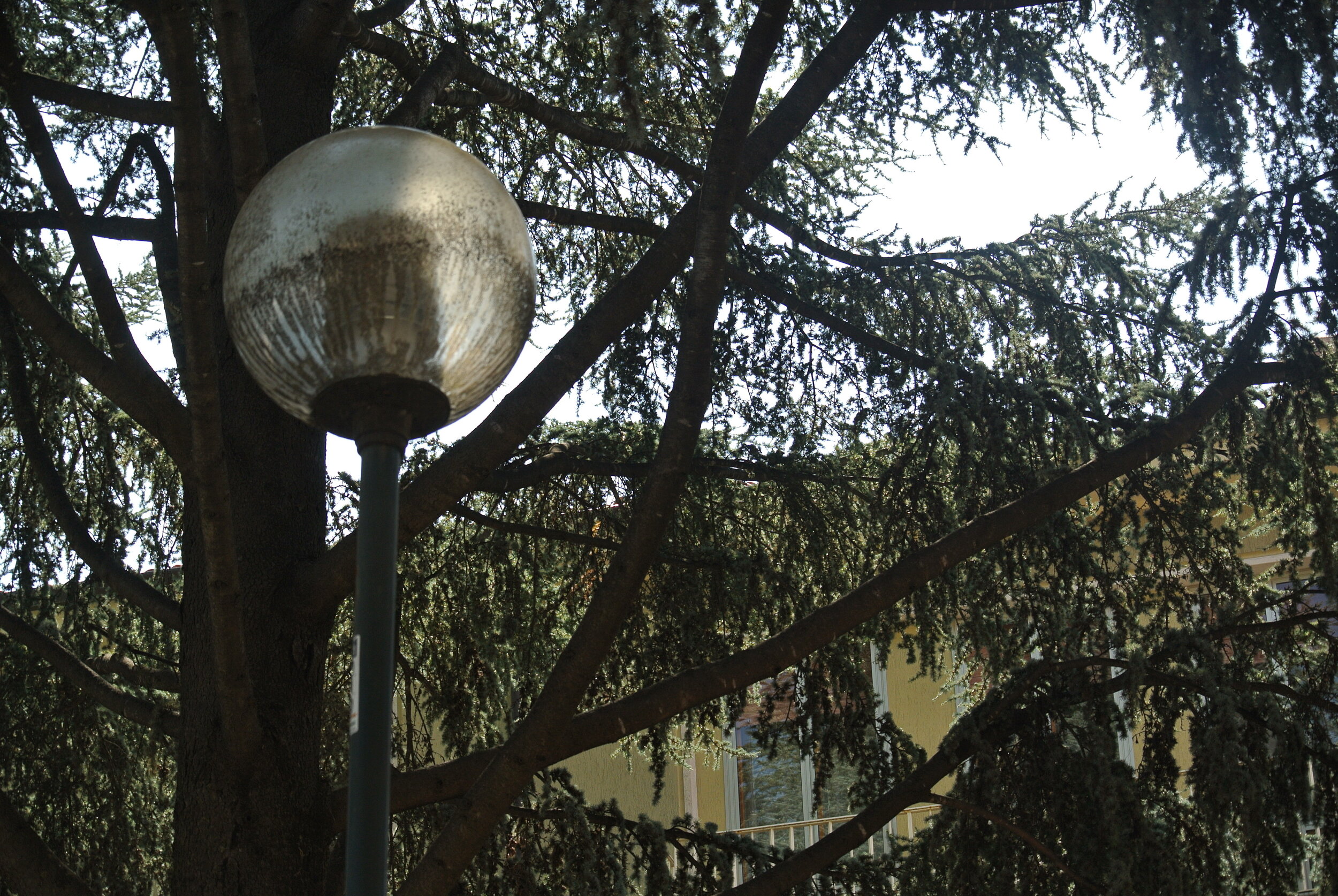
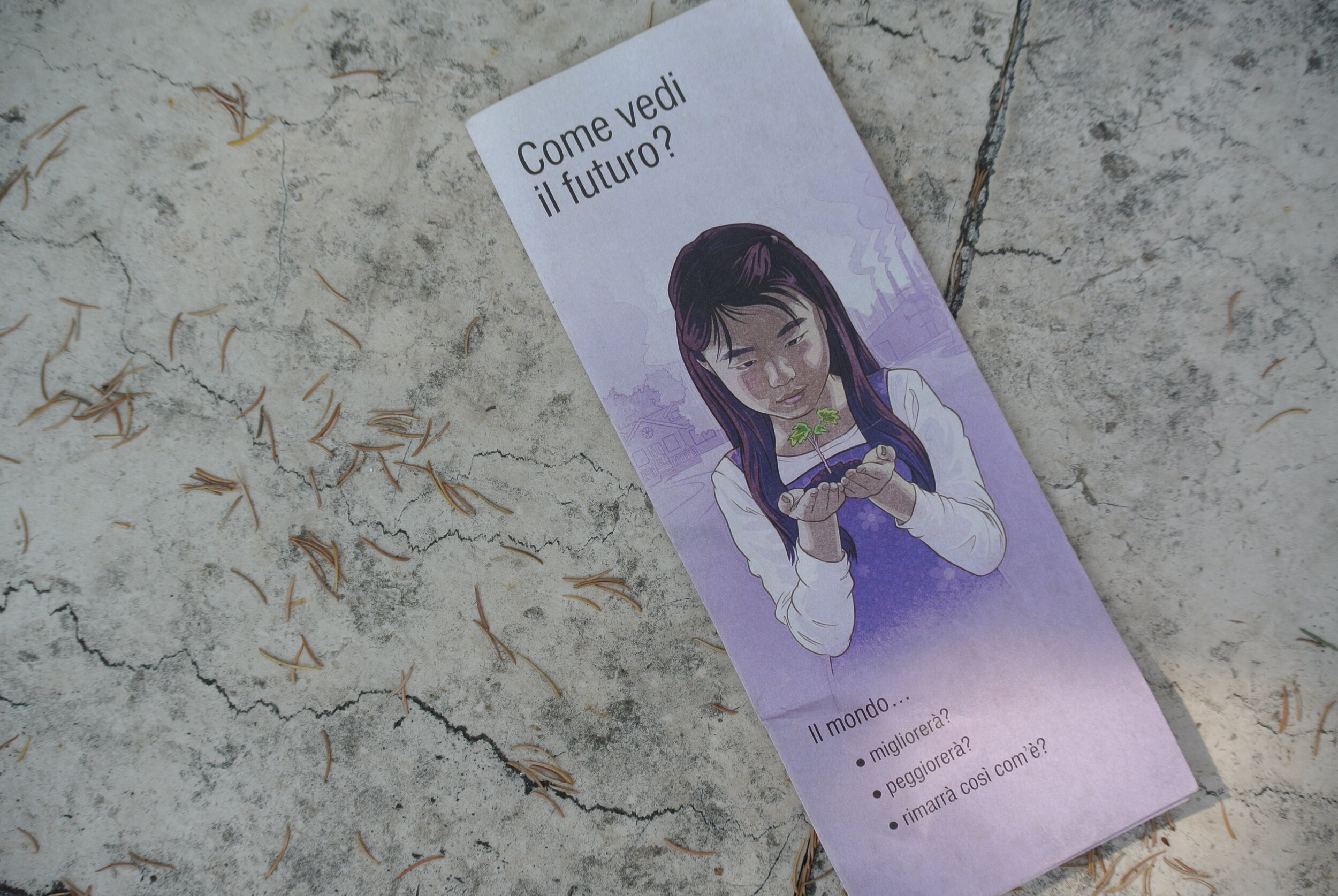
His last transfer was the seaside camp Sabratha. He lived out in the open––there was no roof over his head, nor any place to wash privately. He stayed there for about two months before his name was called late one night by traffickers to the shore.
Peter crossed the Mediterranean Sea at 11:00pm on 1 October 2016 in a rubber dinghy with 148 people, including a few 8-10-year-old boys. All aboard were men. He reached international waters at 7-8:00am the following morning. He remembers the sun and blue water surrounding him at all sides.
He was rescued on 2 October 2016, spend two days on the ship, and landed in Crotone, Italy between 6 and 8 October 2016. He was transferred to Isernia, Italy to his state housing facilities on 12 October 2016.
Peter is an amazing human being.
Hear the followup in our conversation on Open Encounters >
+ And see as he takes us inside Gran Ghetto >
